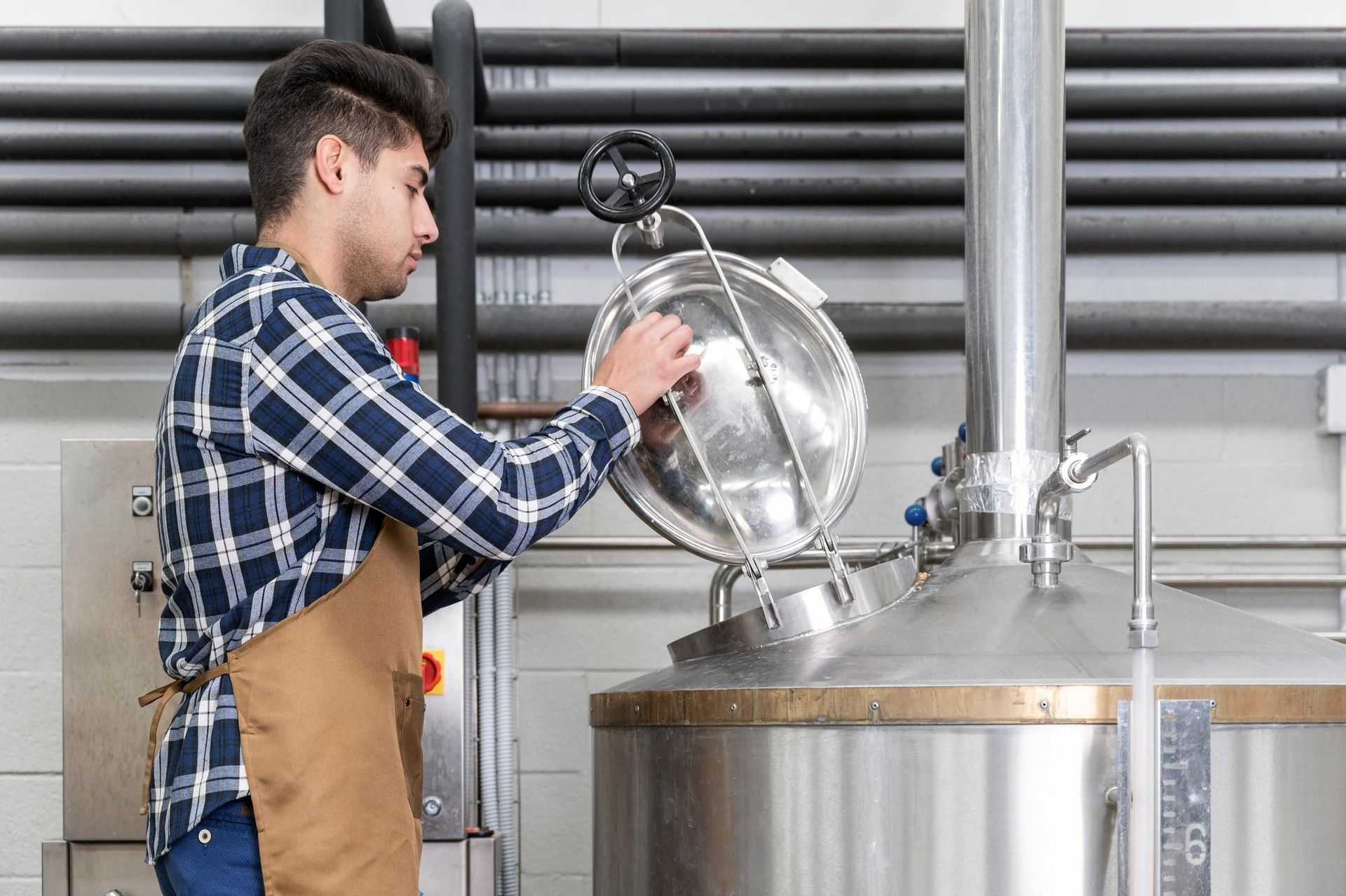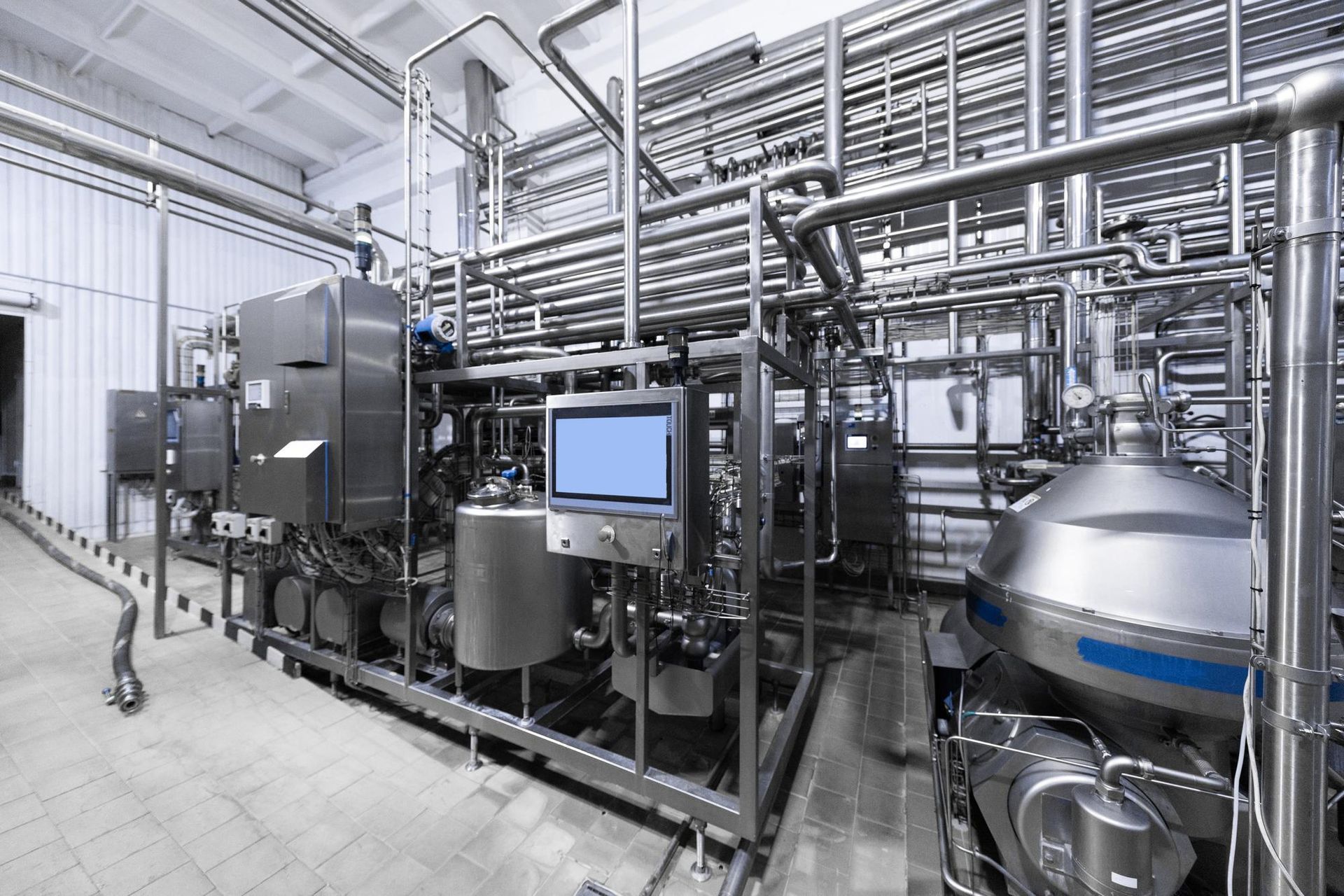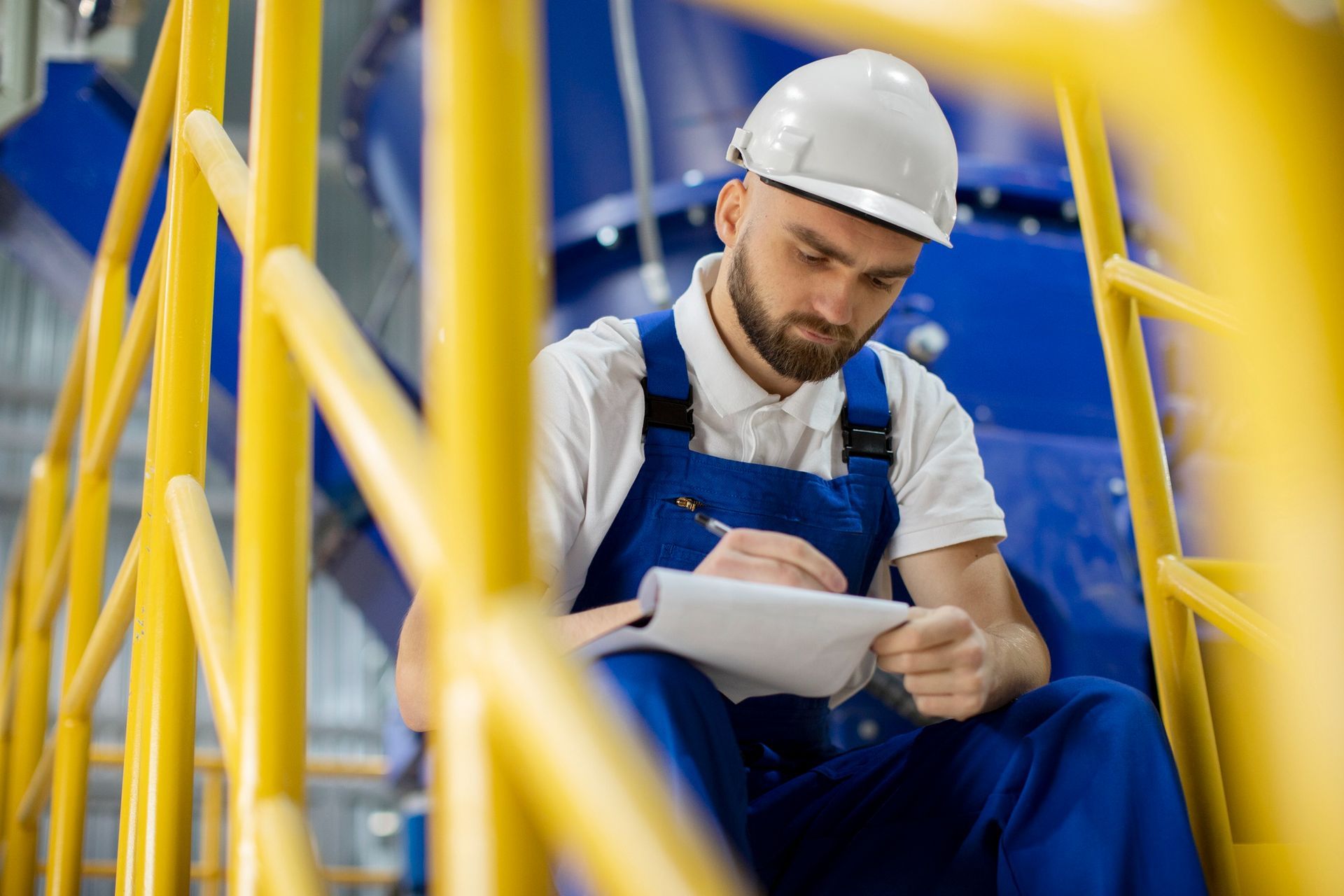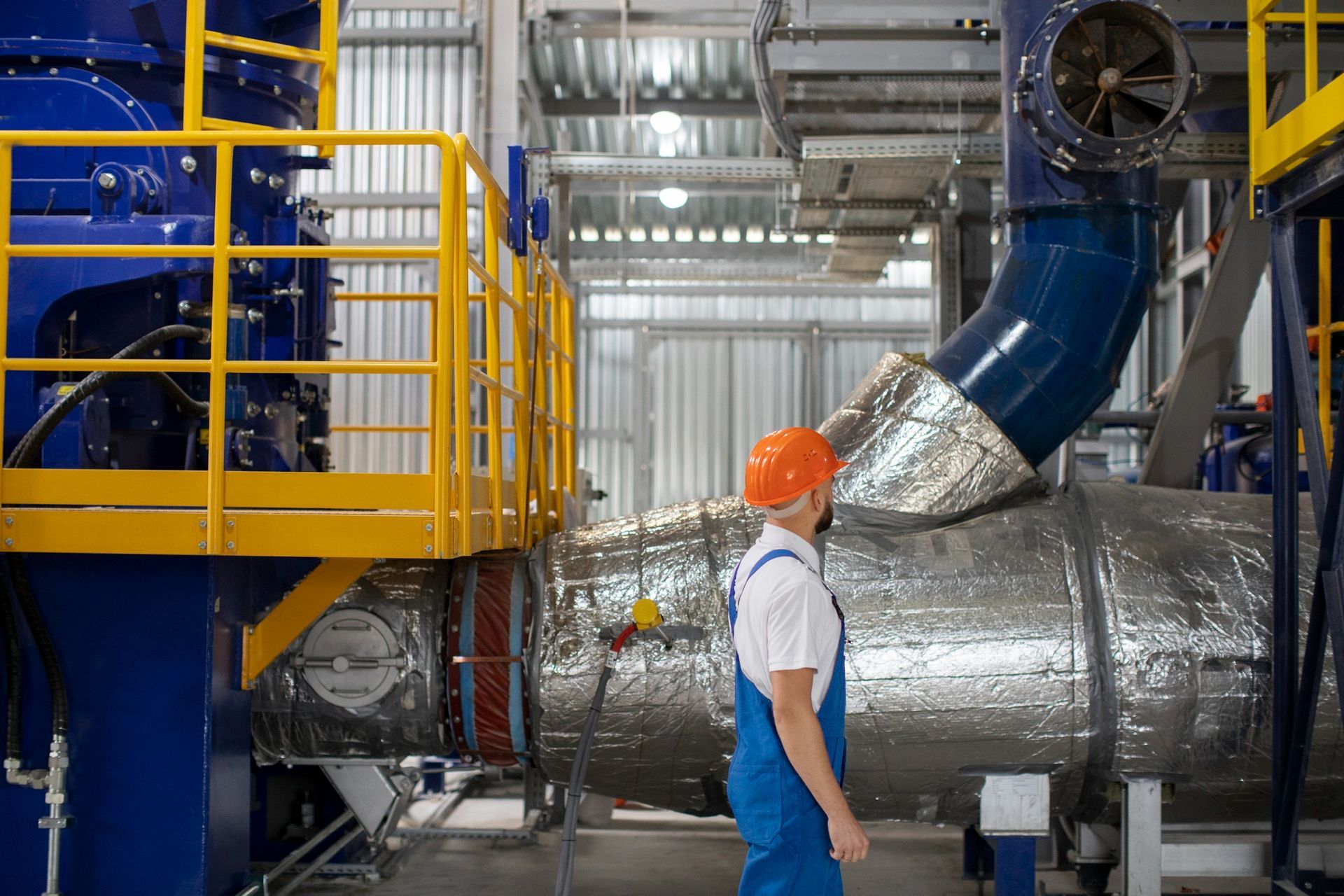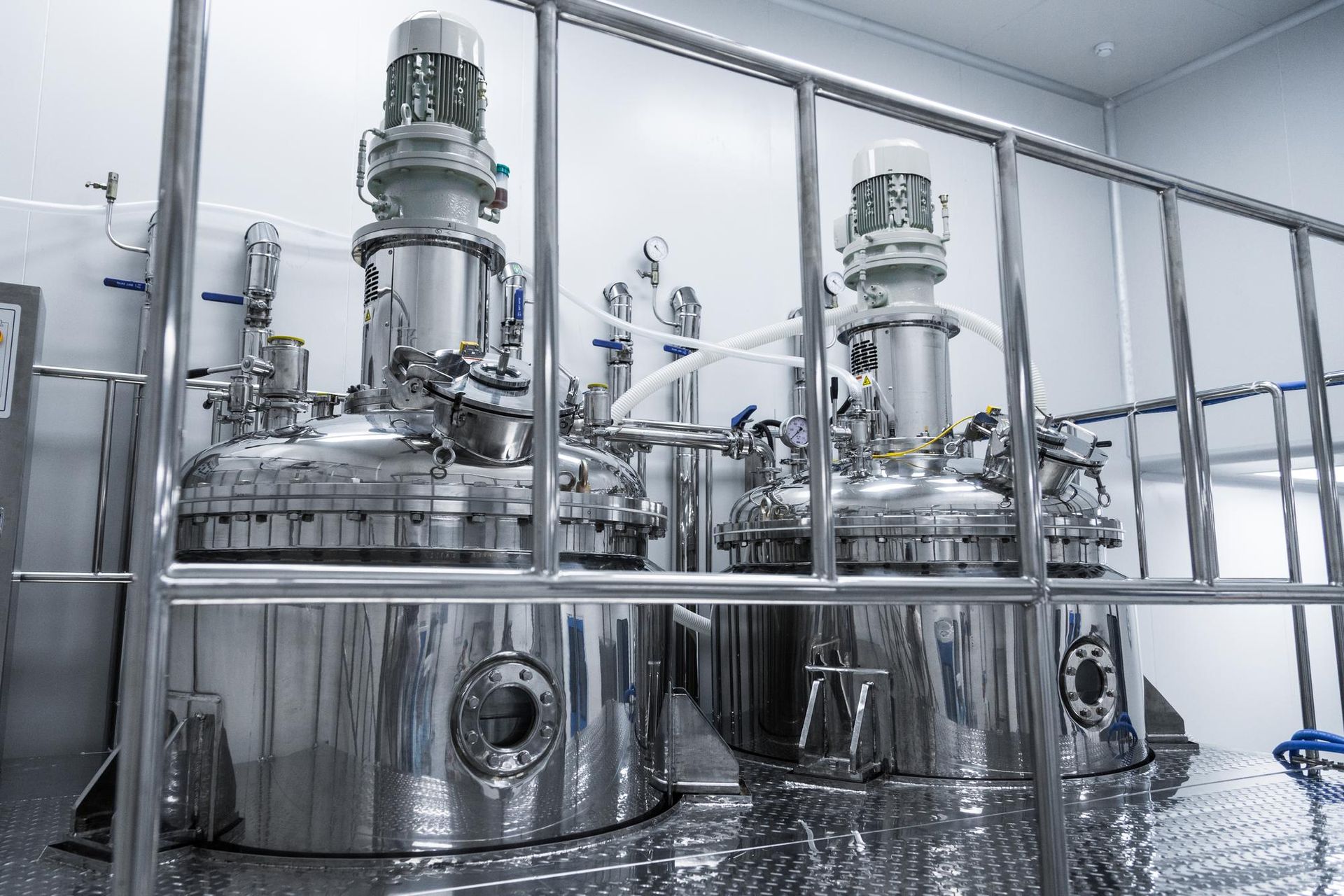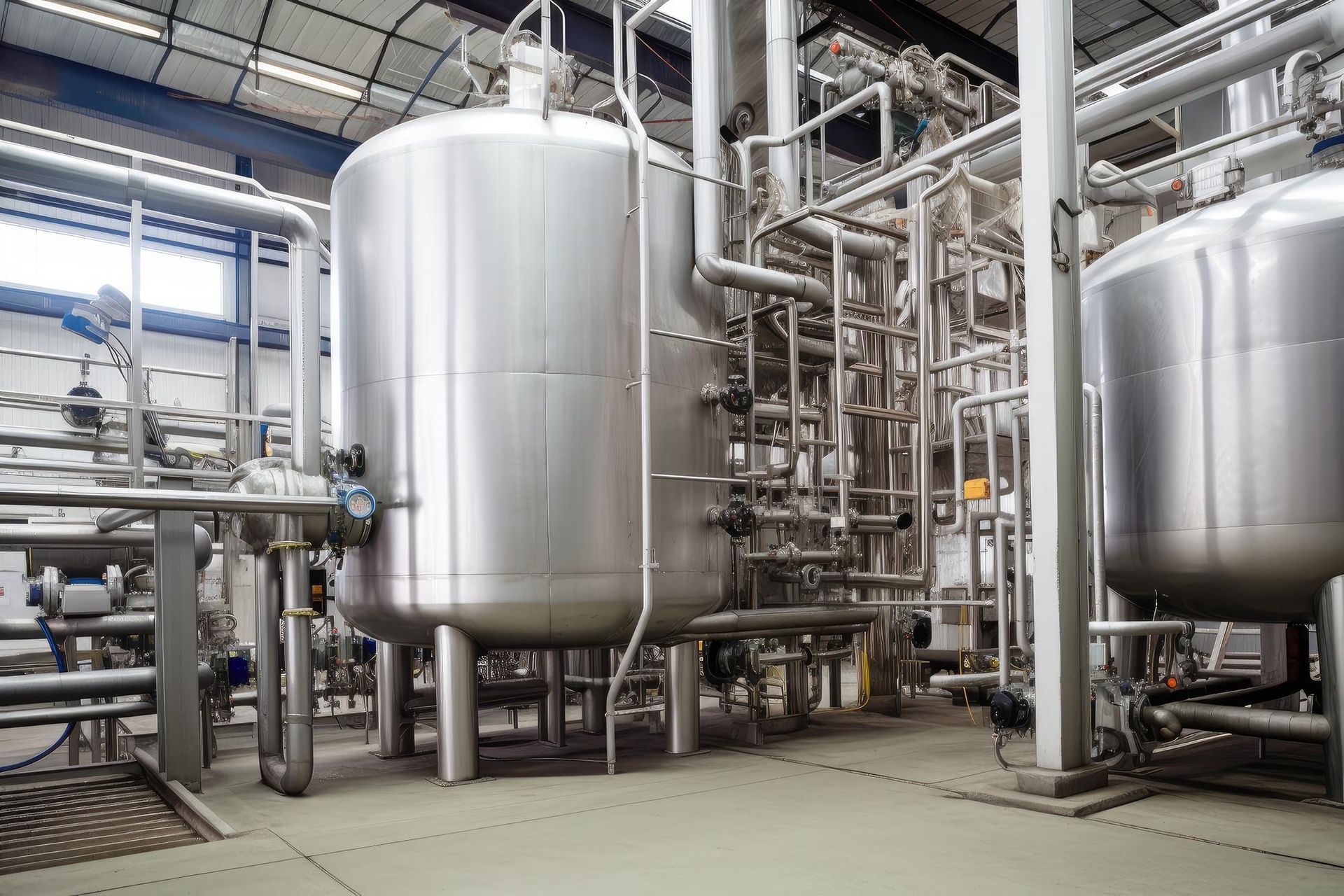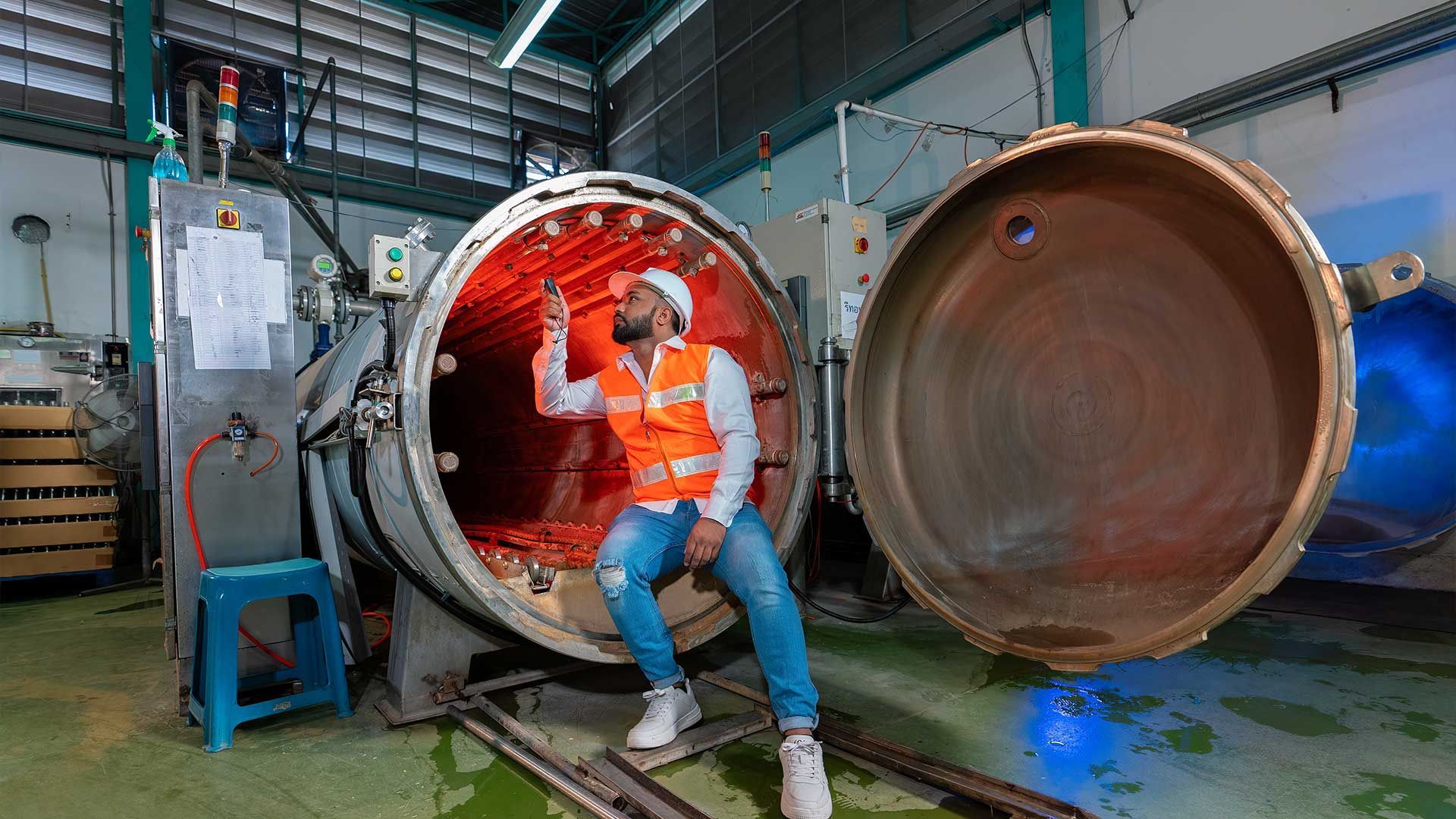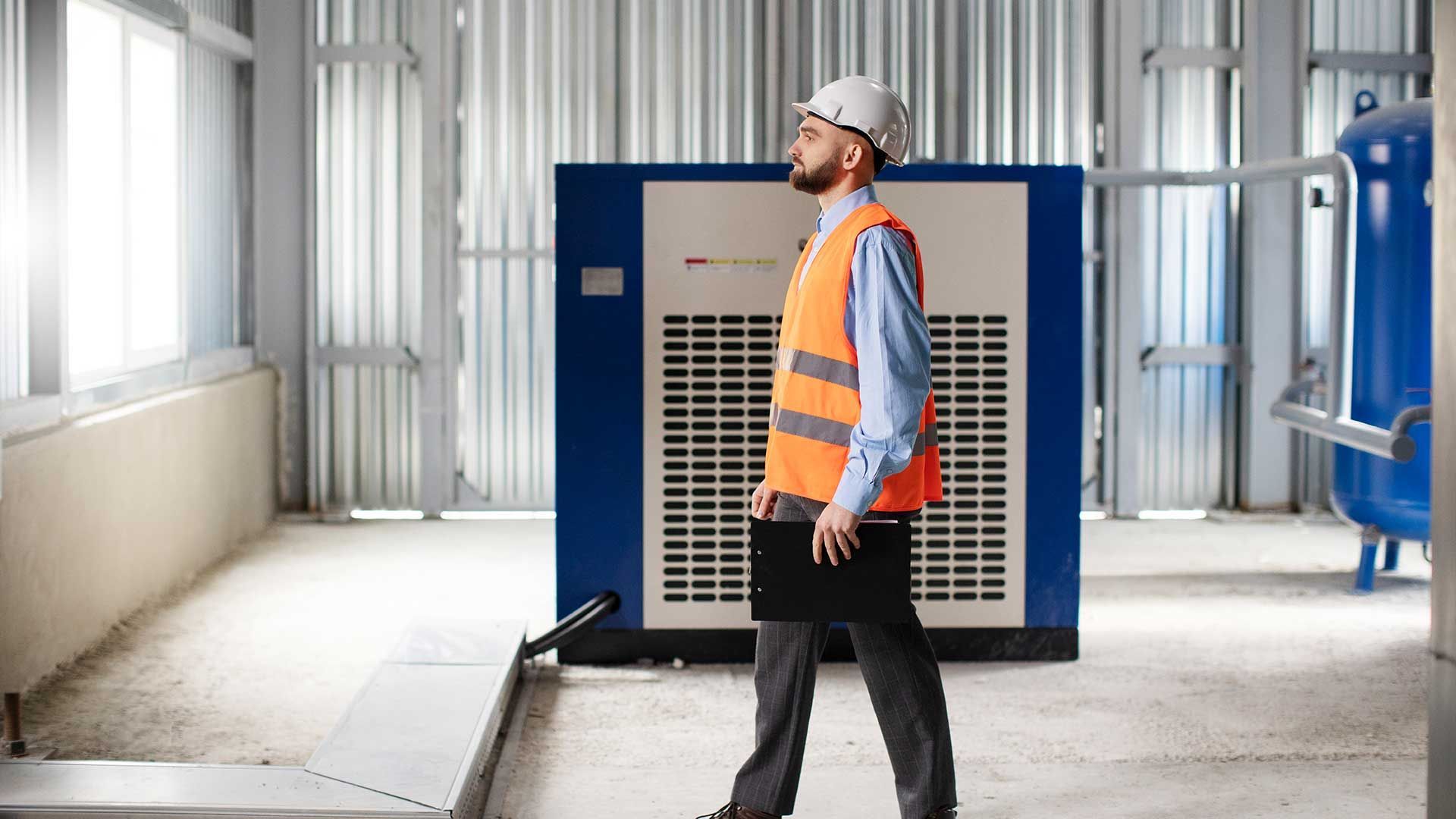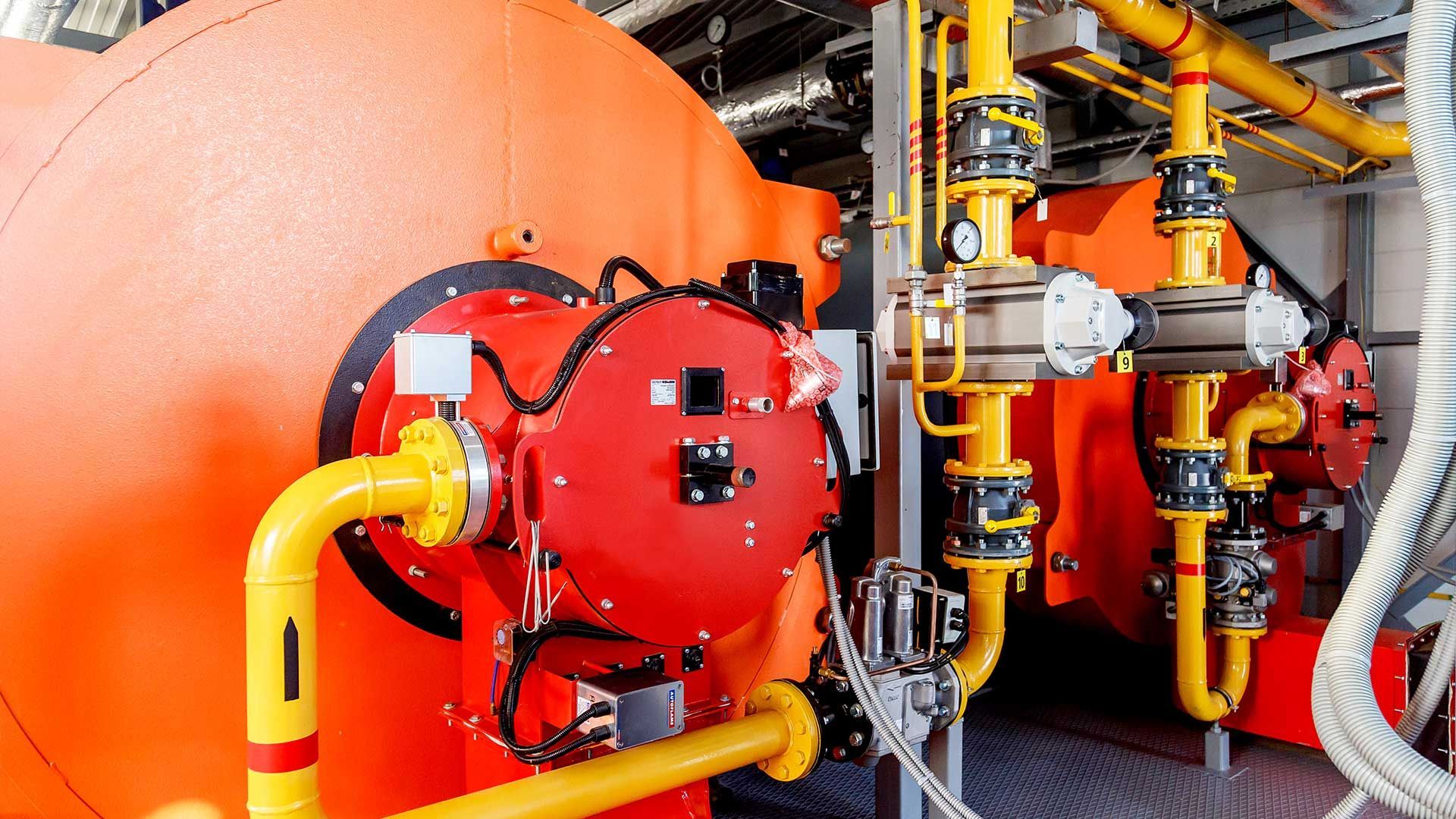How to Optimize Your Industrial Boiler System
When we talk about the backbone of industrial operations, the industrial boiler system often comes to mind. These powerhouse units are essential for generating the steam and heat needed for a myriad of processes in factories and plants across the globe. But here's the catch - if they're not running efficiently, you're not just losing steam; you're also watching your hard-earned money evaporate into thin air. That's why understanding how to fine-tune your boiler for maximum efficiency isn't just good practice; it's a necessity for the savvy industrial operator.
Understanding Boiler Efficiency
Boiler efficiency is a measure of how effectively a boiler converts fuel into heat energy. It's a ratio of the useful heat output to the total energy input, expressed as a percentage. A higher percentage means more of the fuel is being converted into usable heat. However, several factors can impact this efficiency. The type of fuel used, the condition of the boiler, and how the boiler is operated can all play significant roles. For example, natural gas boilers typically offer higher efficiency than oil-fired boilers due to the cleaner combustion process. Moreover, the design of the boiler, such as whether it's a fire tube or water tube boiler, and its size relative to the facility's needs, can also affect efficiency. Understanding these factors is crucial for any industrial operation looking to maximize its boiler system's performance.
Regular Maintenance and Inspections
Regular maintenance is the cornerstone of keeping an industrial boiler system running efficiently. Over time, boilers can accumulate soot and scale on their heat exchange surfaces, which can significantly reduce their ability to transfer heat effectively. Routine cleaning to remove these deposits is essential. Additionally, components like gaskets, valves, and controls need regular checks to ensure they're in good working order and not leaking or malfunctioning, which could lead to inefficiencies or even safety hazards.
Professional inspections play a critical role as well. Conducted by certified inspectors, these comprehensive evaluations look at all aspects of the boiler system to ensure it's operating safely and efficiently. They can identify issues that may not be apparent during day-to-day operations, such as early signs of wear on boiler tubes or potential problems with the combustion process. The frequency of these inspections can vary, but they are typically recommended at least annually.
Upgrading Boiler Components
Upgrading key components of an industrial boiler system can lead to substantial improvements in efficiency and performance. One of the most impactful upgrades is the burner. Modern high-efficiency burners can adjust the fuel and air mixture more precisely, ensuring complete combustion and reducing waste. This not only improves efficiency but also reduces emissions.
Another area for potential upgrades is the control system. Advanced control systems can continuously monitor the boiler's performance and make real-time adjustments to optimize efficiency. These systems can account for changes in demand, fuel quality, and environmental conditions, ensuring the boiler operates at peak efficiency under all circumstances.
Economizers are another component that can be added or upgraded to improve efficiency. These devices capture waste heat from the boiler's exhaust gas and use it to preheat the incoming feedwater. This reduces the amount of fuel needed to bring the water up to temperature, significantly improving overall system efficiency.
Incorporating these upgrades requires an upfront investment but can lead to significant long-term savings in fuel costs and environmental impact. It's essential to assess the specific needs and conditions of your industrial boiler system to determine which upgrades will offer the most benefit.
Implementing Advanced Control Systems
In the realm of industrial boiler efficiency, advanced control systems represent a significant leap forward. These sophisticated systems utilize cutting-edge technology to monitor and manage boiler operations in real-time. They can adjust the fuel and air mixture, regulate the feedwater supply, and maintain optimal temperature and pressure settings automatically. This precision ensures the boiler operates within its most efficient range, reducing fuel consumption and emissions.
Moreover, advanced control systems can diagnose issues before they become major problems, alerting operators to inefficiencies or malfunctions. For instance, if the system detects that the combustion efficiency has dropped, it can prompt an inspection or adjustment to the burner, preventing further loss of efficiency. The ability to predict maintenance needs not only keeps the boiler running smoothly but also extends its lifespan by preventing wear and tear from escalating into serious damage.
The integration of IoT (Internet of Things) technology in these control systems allows for remote monitoring and management, giving operators and facility managers unprecedented control over their boiler systems, even from a distance. This level of oversight and automation is a game-changer for industrial operations, ensuring maximum efficiency with minimal manual intervention.
Optimizing Boiler Operations
Optimizing boiler operations involves a combination of best practices, operator expertise, and strategic management of the boiler's workload. It starts with understanding the specific demands of your operation and adjusting the boiler's load accordingly. Boilers operate most efficiently at specific loads, so avoiding underloading or overloading is key to maintaining efficiency.
Temperature and pressure settings are also crucial. Operating the boiler at the optimal temperature and pressure for your process can significantly reduce fuel consumption. This requires a deep understanding of your system's needs and may involve adjusting settings based on external factors like weather conditions or changes in process requirements.
Operator training is another critical aspect of optimizing
boiler operations. Well-trained operators are better equipped to manage the boiler system efficiently, recognizing signs of inefficiency and making informed decisions to correct them. This includes everything from adjusting operational settings to performing routine maintenance tasks and responding to alerts from the control system.
Energy Recovery and Waste Heat Utilization
Energy recovery and waste heat utilization are innovative strategies to enhance boiler efficiency and sustainability. These approaches involve capturing the heat that would otherwise be lost from the boiler system and repurposing it for other uses within the facility.
For example, economizers capture waste heat from flue gases to preheat boiler feedwater, reducing the energy needed to bring the water up to steam. Similarly, condensing heat exchangers can recover heat from the flue gases and use it for space heating, process heating, or preheating combustion air.
Waste heat can also be used in absorption chillers to provide cooling, turning a waste product into a valuable resource. This not only improves the overall efficiency of the industrial boiler system but also contributes to a more sustainable operation by reducing fuel consumption and lowering greenhouse gas emissions.
Implementing these energy recovery solutions requires an initial investment, but the long-term savings in energy costs and the positive environmental impact make it a worthwhile endeavor for many industrial operations. The key is to assess your facility's specific needs and opportunities for utilizing waste heat, ensuring that the solutions implemented align with your operational goals and efficiency targets
Alternative Fuels and Renewable Energy Integration
The type of fuel you use can significantly impact your boiler's efficiency and environmental footprint. Exploring alternative fuels, like biomass or biogas, can offer both economic and environmental benefits. Moreover, integrating renewable energy sources with your boiler system can further enhance its sustainability, making your operation greener and more cost-effective.
Regulatory Compliance and Incentives
Staying on top of regulations and standards is crucial for any industrial operation. In the realm of industrial boiler systems, this means ensuring your system meets efficiency standards and taking advantage of any incentives for making energy-efficient improvements. These incentives can help offset the costs of upgrades or new technologies, making it easier to invest in your boiler's efficiency.
Case Studies
Real-world examples abound of industrial facilities that have successfully optimized their boiler systems. These case studies offer valuable insights and practical tips that you can apply in your context. They prove that with the right approach, significant efficiency improvements are achievable, leading to cost savings and reduced environmental impact.
Conclusion
Optimizing your industrial boiler system for maximum efficiency is more than just a technical challenge; it's a strategic necessity. At Boiler Technologies Unlimited, we understand the importance of combining regular maintenance, intelligent upgrades, and efficient operation with a visionary approach to energy management. Located in Lithia, FL, we are renowned for our expertise in transforming industrial boiler systems into pillars of efficiency and sustainability.
With our comprehensive services, we ensure your boiler is not merely an operational tool but a catalyst for enhanced performance and cost savings. Our dedicated team, backed by years of experience and cutting-edge technology, is committed to delivering solutions that not only meet but exceed your expectations. From routine maintenance to advanced system upgrades, our approach is tailored to your specific needs, ensuring your boiler operates at its peak.
At Boiler Technologies Unlimited, we pride ourselves on being more than just service providers; we are your partners in efficiency. By entrusting us with your boiler system, you're choosing a path to a more efficient, sustainable, and cost-effective industrial operation. Don't let inefficiencies hold you back. Contact us today at
813-469-7733 and take the first step towards optimizing your industrial boiler system.


